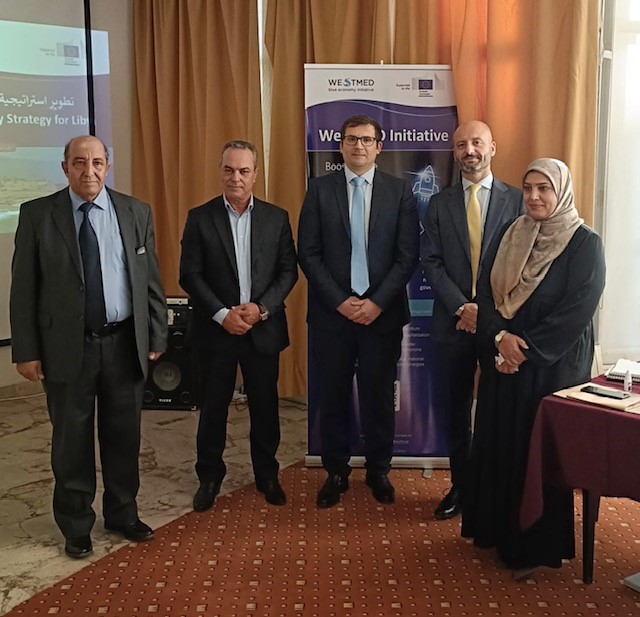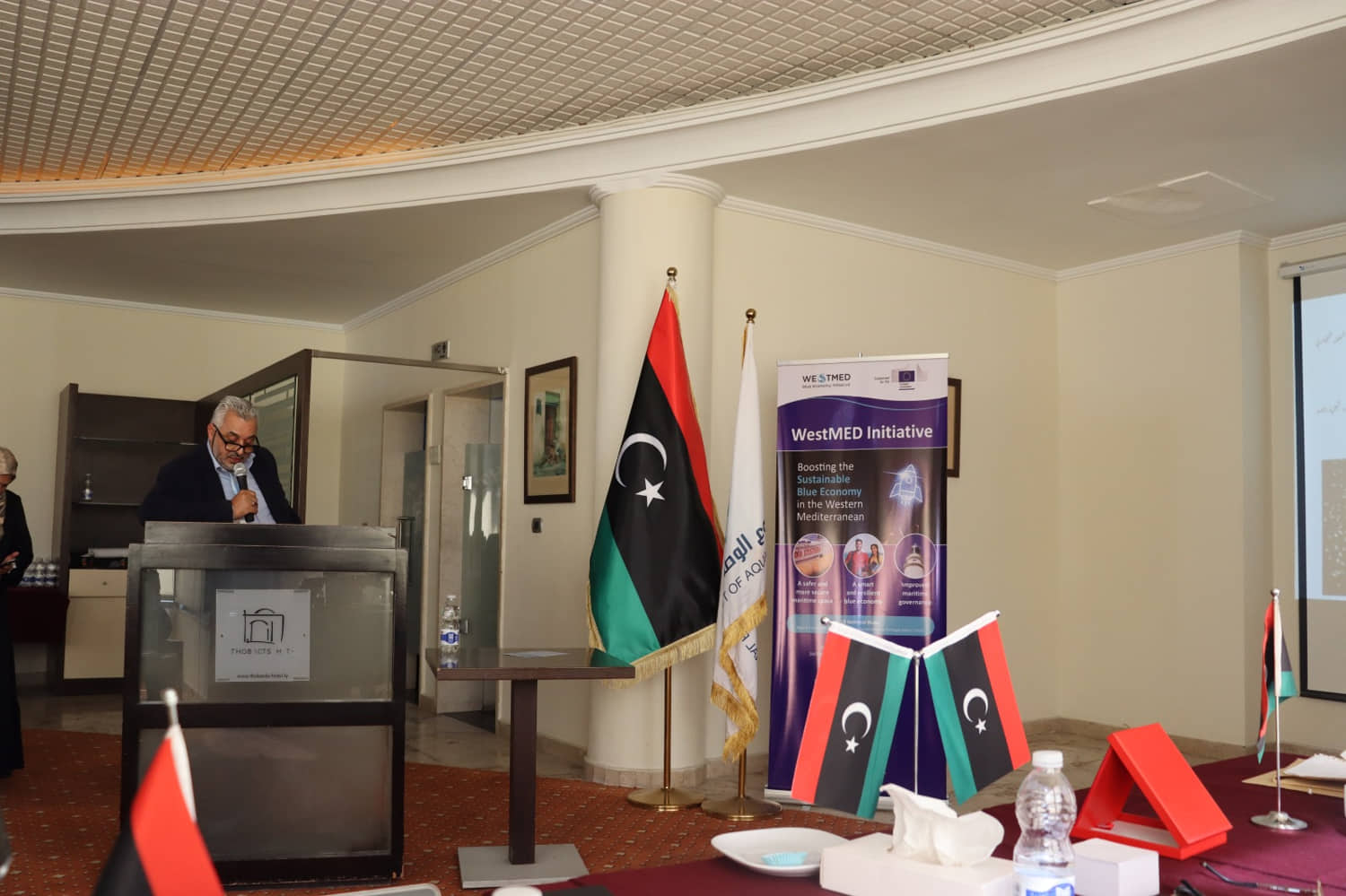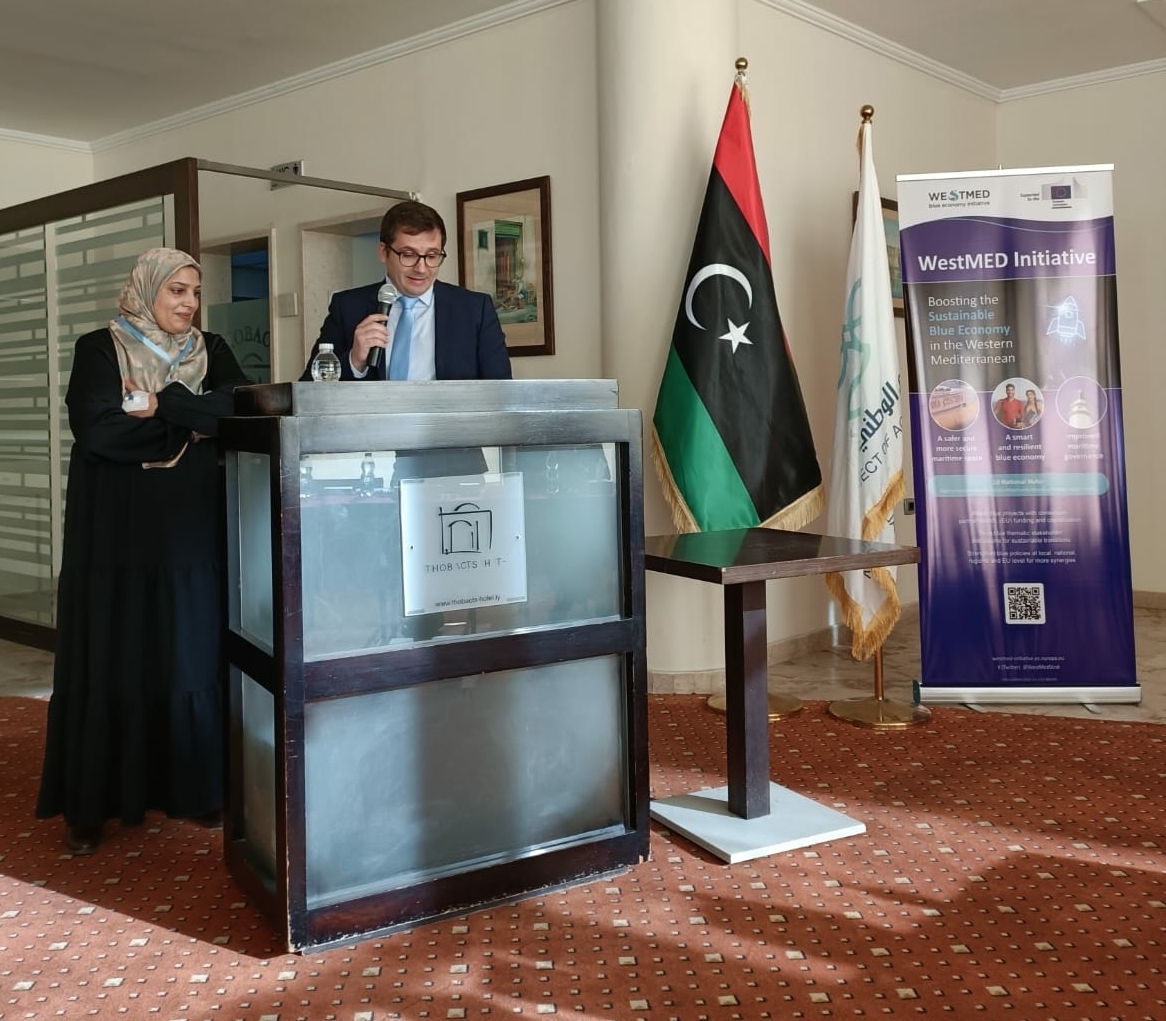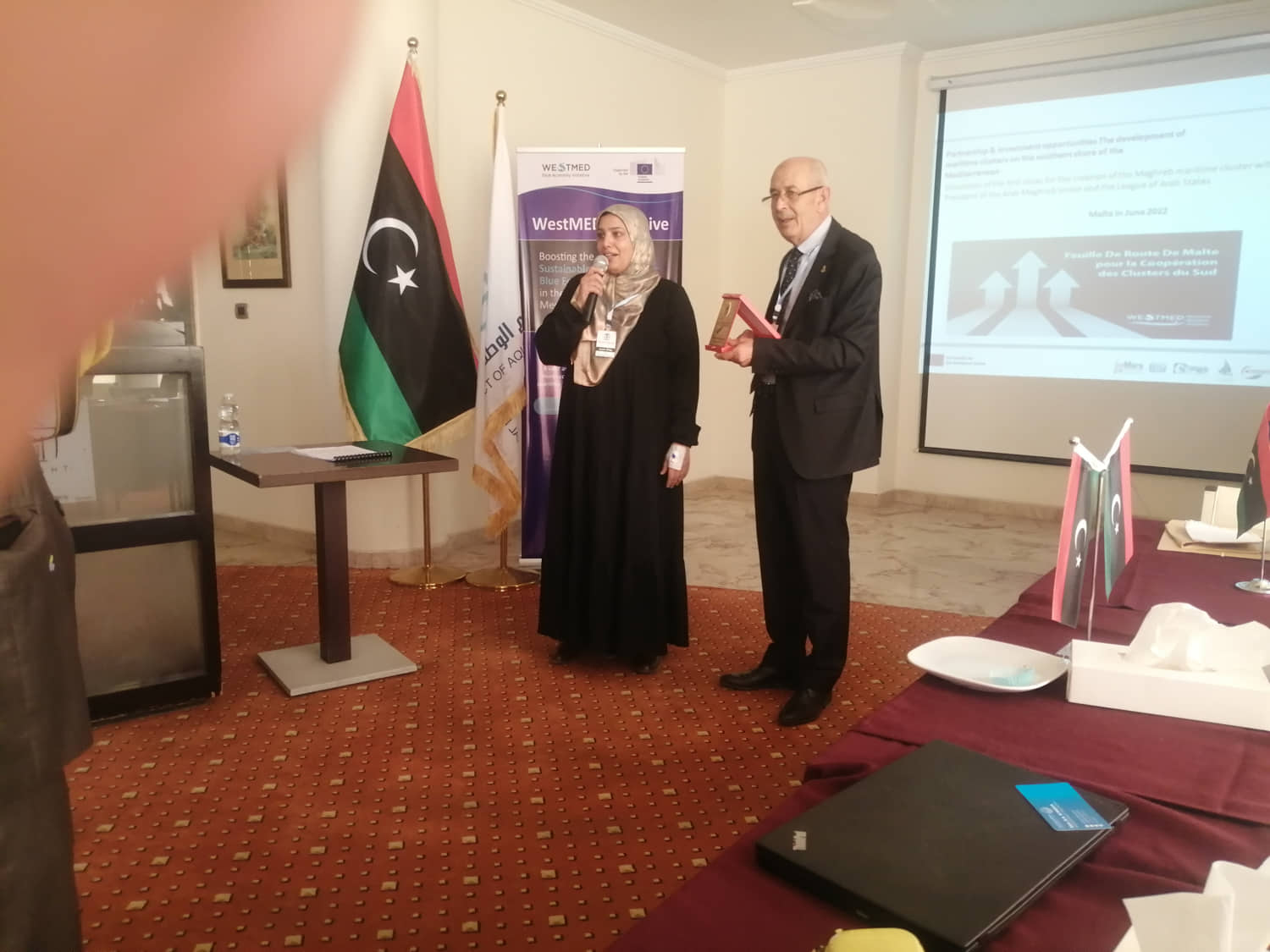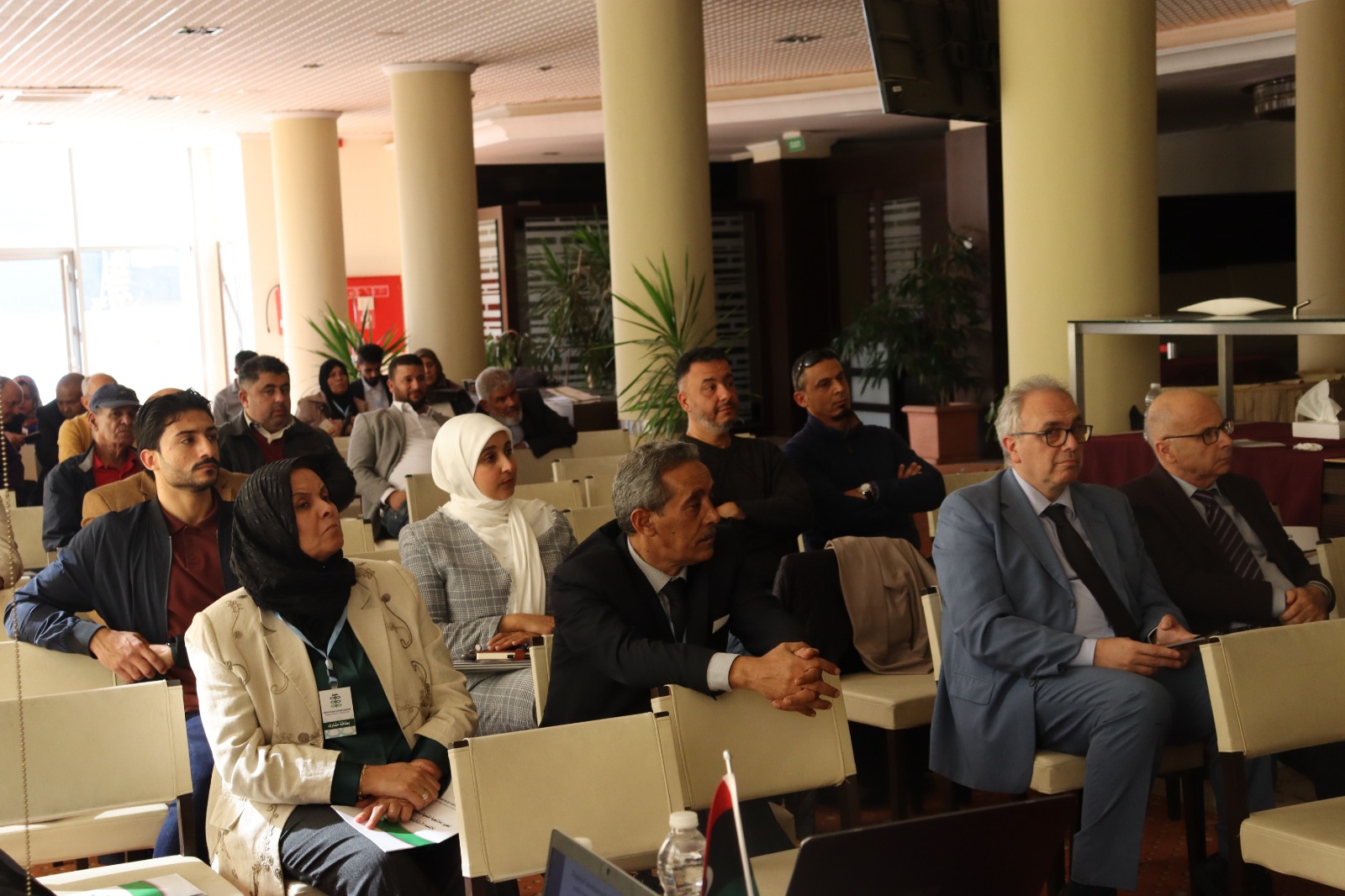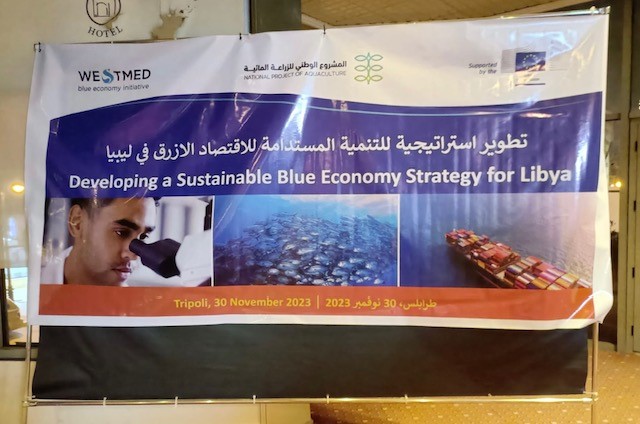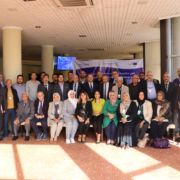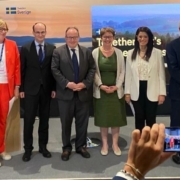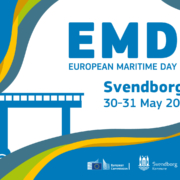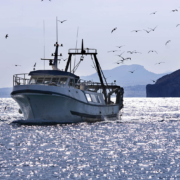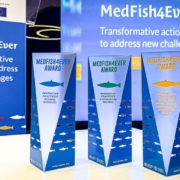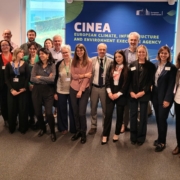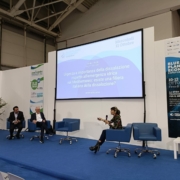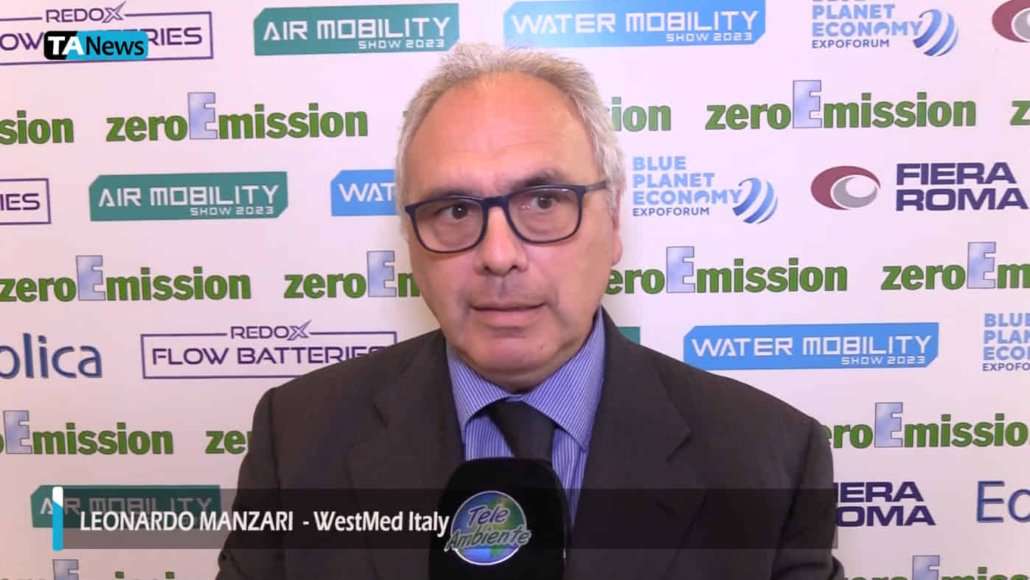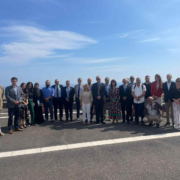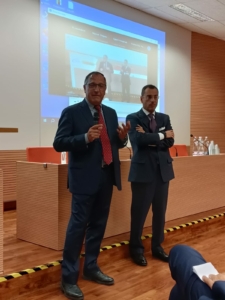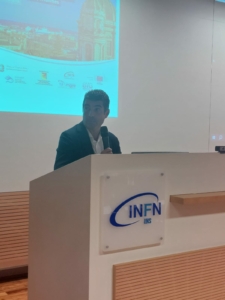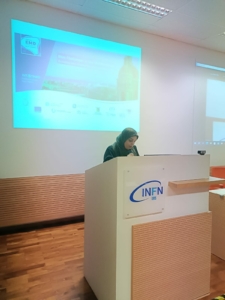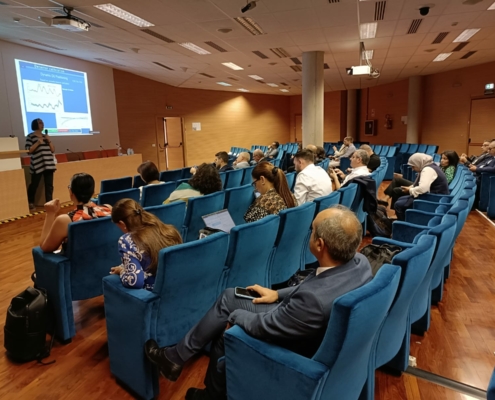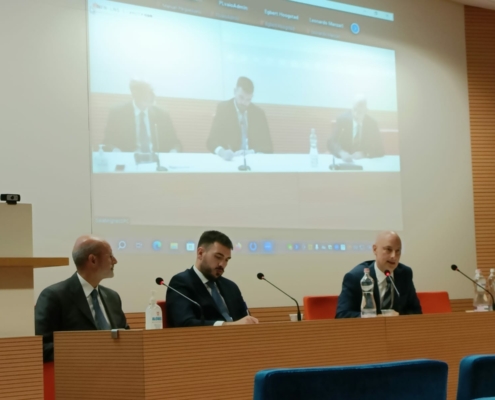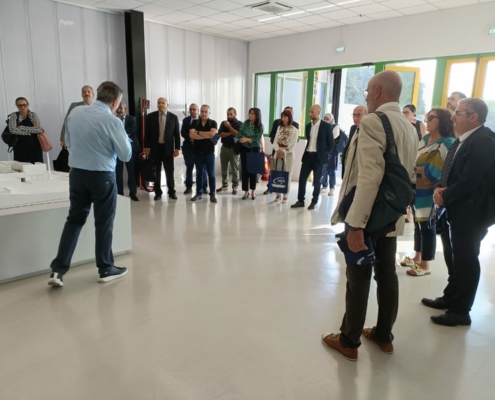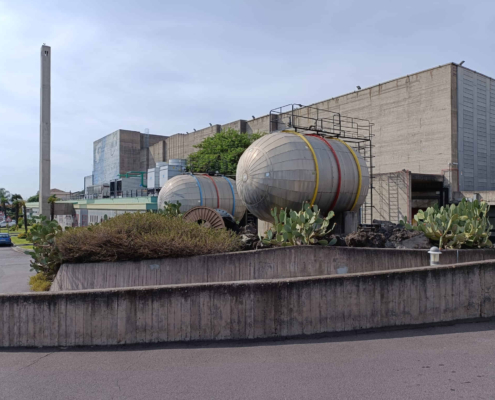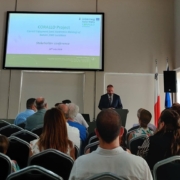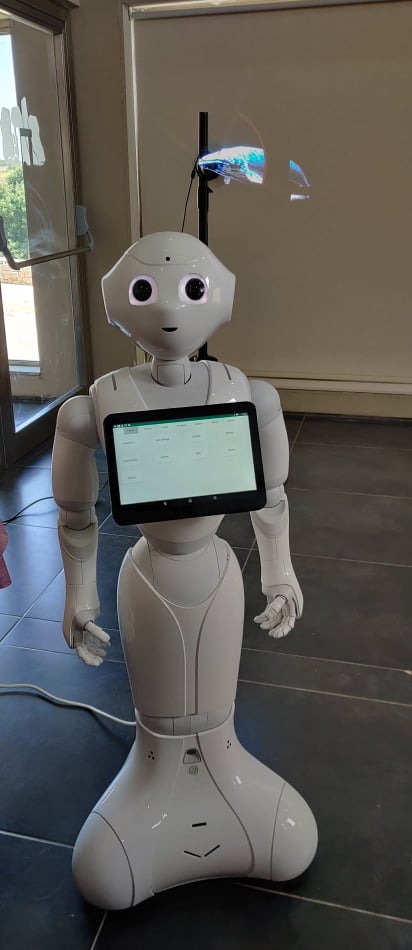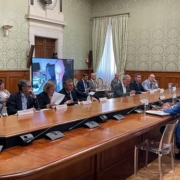Major Blue Economy Milestone in Libya with its First WestMED National Stakeholder Event
For the first time in the five years of Technical Assistance, the WestMED Assistance Mechanism experienced a national Blue Economy event in Libya on Nov 30th 2023. This was done upon the initiative of the National Coordinators, Mr Ali Shagruni and Ms Masauda Abuarosha, with the organization and support by the National Project of Aquaculture and the assistance from WestMED’s Italian National Hub.
With the aim of gathering the main stakeholders of the Blue Economy, the organizers could also rely on the participation of more than 60 operators in presence and of high level institutional representatives: the Deputy Minister of Marine Wealth, Saber Al Azzabi, the Deputy Head of EU Delegation to Libya, Horia Nagacevschi and the Deputy Ambassador of Italy to Libya, Riccardo Villa.
Qualified speakers for the main sectors of the Blue Economy could represent the current situation of the country in each field, also disclosing their potential role of participants to the WestMED Technical and Working Groups like Maritime Clusters Alliance, Green Shipping, Aquawest. Also participants from Italy and Tunisia, intensified the international meaning of this WestMED event, as a confirmation of the centrality of Libyan role in the Mediterranean basin.
Indeed, beside a remarkable and frank interaction on topics related to the fishery sector, the description of the opportunities represented by the Technical Assistance provided by WestMED Assistance Mechanism and those EU funded programmes accessible for Libyan stakeholders, was an important point to encourage stakeholders to join partnerships and project proposals.
This becomes a fundamental way to increase the inclusion of Libyan organizations in the Mediterranean ecosystem: the successful examples of projects like REBUILD, TAMSALL, POWER4MED, MAWEGO were mentioned.
In this perspective, the participation of HORIZON EUROPE’s National Contact Point for Libya was also an added value for liaising with raising opportunities of partnership in the coming months.
It was commonly perceived the impression that, in this phase, a more intense stakeholders’ engagement from the WestMED Assistance Mechanism could easily produce fruitful results, given the very strong expectations of Libyan stakeholders towards all forms of EU support.
